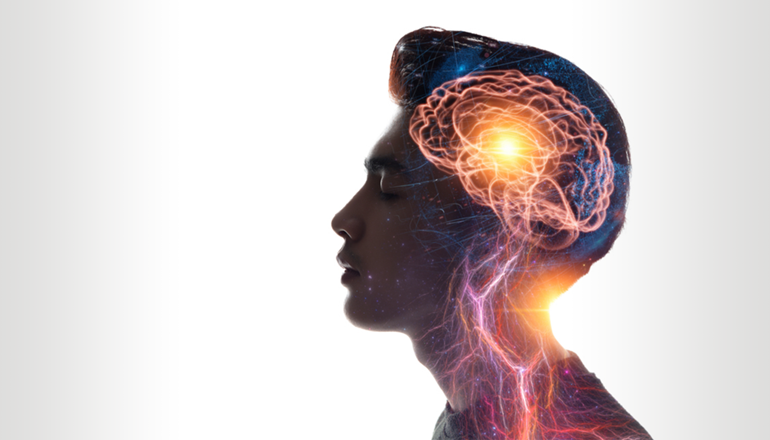
Neurological Rehabilitation
Neurological Rehabilitation Services: Our Brain's Healing Journey
Neurological disorders can affect an important part of life for many people. Neurological problems such as stroke, cerebral palsy, multiple sclerosis, and traumatic brain injuries can limit patients' daily functions and reduce their quality of life. However, instead of despairing, neurological rehabilitation services can play an important role in overcoming these problems. In this article, we will examine our Neurological Rehabilitation services in detail and explore how these services can make a difference for people living with neurological diseases.
What is Neurological Rehabilitation?
Neurological rehabilitation is a multidisciplinary approach used to improve the quality of life of individuals with neurological disorders and help them regain their independence. These rehabilitation programs aim to address motor skill losses, pain, and cognitive problems caused by neurological disorders. Neurological rehabilitation offers a customized treatment plan tailored to the patient's specific needs and goals.
Our Neurological Rehabilitation Services
1. Physical Therapy
Physical therapy addresses motor skill losses caused by neurological disorders. Our expert physical therapists develop personalized exercise programs to increase patients' mobility, restore muscle strength and relieve pain. Physical therapy is an effective approach to treating conditions such as post-stroke recovery, cerebral palsy management, and traumatic brain injuries.
2. Speech Therapy
Neurological disorders can sometimes affect speaking and swallowing abilities. Speech therapy helps patients improve their communication skills. Our expert speech therapists evaluate language and voice disorders and personalize therapy programs.
3. Ergotherapy
Occupational therapy focuses on improving daily living skills. This service helps patients increase their independence. Our occupational therapists re-teach and facilitate daily activities such as kitchen skills, dressing, bathing and household chores according to patient needs.
4. Cognitive Rehabilitation
Neurological disorders can often cause cognitive problems. Cognitive rehabilitation services aim to improve cognitive skills such as memory, attention, and problem-solving abilities. This service is extremely beneficial for patients who want to deal with neurological conditions such as multiple sclerosis and Alzheimer's disease.
5. Psychological Support
Neurological disorders are not limited to physical effects; Patients' emotional and mental health may also be affected. Psychological support helps patients maintain emotional balance during this difficult process. Our expert psychologists help patients cope with emotional difficulties such as stress, depression and anxiety.
Benefits of Neurological Rehabilitation
Neurological rehabilitation has significant advantages. These services;
Increases patient independence.
Improves motor skills.
It reduces pain.
It improves communication skills.
It regains daily living skills.
Supports emotional and mental health.
Why are Neurological Rehabilitation Services Needed?
Neurological problems can greatly impact individuals' lives. These can cause difficulty carrying out daily activities, communication problems, physical difficulties, and psychological stress. Here are some reasons why neurological rehabilitation services are so important:
Supports Healing: Neurological rehabilitation can accelerate the healing process of neurological damage. This process involves regaining strength of muscles, repairing the nervous system and restoring functions.
Increases Independence: Occupational and physical therapies help individuals continue their daily life activities more independently. This improves quality of life.
Provides Emotional Support: Neurological problems can cause individuals to experience an emotionally challenging process. Psychological support can help them cope with these difficulties.
Improves Communication: Speech therapy is important for individuals who have speech and communication problems. This therapy improves communication abilities and strengthens social connections.
Conclusion
Neurological rehabilitation is an important service that helps individuals living with neurological disorders improve their quality of life and regain their independence. It offers different services such as neurological rehabilitation, physical therapy, speech therapy, occupational therapy, cognitive rehabilitation and psychological support. These services are personalized based on patients' specific needs and goals.


